We’re excited to introduce you to the always interesting and insightful Shay Dubois. We hope you’ll enjoy our conversation with Shay below.
Shay , thank you so much for joining us. You are such a positive person and it’s something we really admire and so we wanted to start by asking you where you think your optimism comes from?
As a trauma therapist I hold so much optimism for my clients. Often they come to me after years of talk therapy and feeling like nothing has really helped. They have almost lost hope. They processed events on a cognitive level, but there is still residue of the trauma in the body. This continues to cause them difficulty in functioning in their daily lives.
I know what that feels like. I struggled with depression and anxiety for years. I thought those were part of my DNA or personality and that things would never change for me. After doing somatic trauma therapy on my own stuff and I can say that healing is really possible. My nervous system, my outlook on life, my ability to be present in the moment is so different than prior to starting somatic trauma therapy. I have better boundaries, less burnout, and I’m not numb all the time.
I want that for all of my clients.
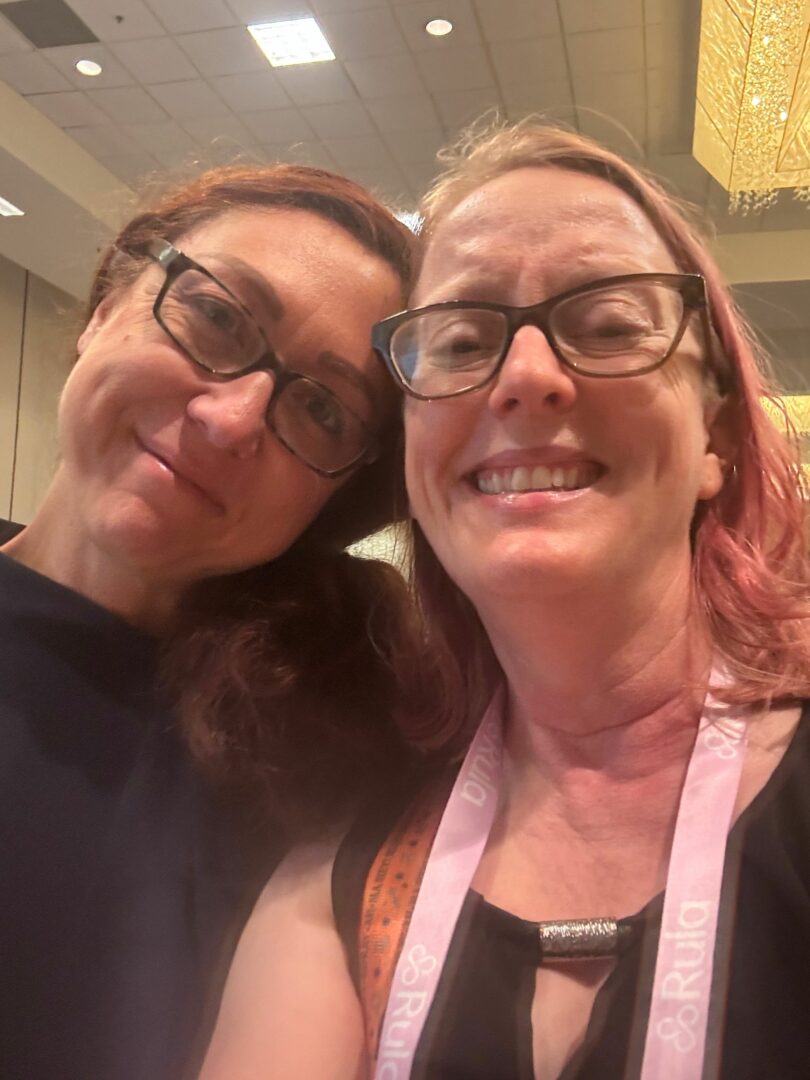
Appreciate the insights and wisdom. Before we dig deeper and ask you about the skills that matter and more, maybe you can tell our readers about yourself?
I am a licensed psychotherapist who specilizes in trauma. I work with the mind, body, and brain. That means I understand how trauma changes the brain, how trauma changes behavior, the physiological responses in the body when triggered, and how the body is physiologically different after trauma. With this understanding I have lots of different tools to work with my clients.
I have spent years going deeper into understanding trauma, so that I can help my clients find change. I started with Bessel van der Kolk’s Traumatic Stress Studies Certification, Dan Siegel’s Interpersonal Neurobiology Certification, and Neurofeedback Certification at the Trauma Research Foundation.
I am one of 41 people in the US who is certified in Gabor Maté’s Compassionate Inquiry. I am certified in brainspotting and currently doing Somatic Experiencing training.
I am so excited to have all these tools to help clients. This means I can allow clients to take an individualized path and choose the pace that feels safe for them.
This is an amazing time to be doing therapy! We have a lot of ways of accessing the subcortical regions of the brain where the trauma is stored and allowing it to process in various ways.
I hear people using chatgpt as their therapist and it can be helpful to talk about your problem, but that can also keep you stuck in the past. Talk therapy alone isn’t enough for complete healing from complex trauma.
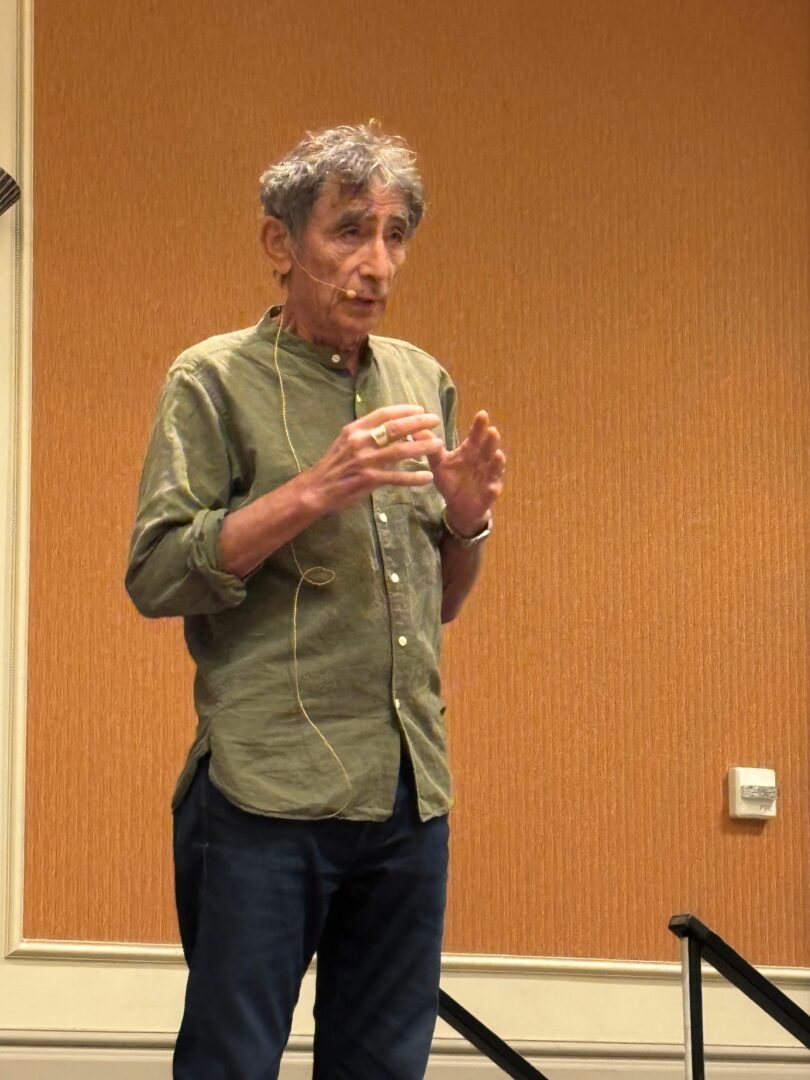
If you had to pick three qualities that are most important to develop, which three would you say matter most?
My passion for neuroscience and biology was definitely something that contributed to my journey.
I knew when I was in high school I wanted to be a therapist. I was fascinated I was by the brain and how the brain and mind interact.
My ability to connect with others is another skill. Recently I had a client say “I think where you excel is listening, making people feel seen, heard, being is support of what is going on for them in this moment and who they currently are. I would turn to you to feel like I exist in my own right. I think you make people feel worthy of being without having to say the corny “you are worthy” spiel.”
I number one goals is to help my client’s feel safe, seen, and heard. Most of my clients didn’t get that as they were growing up so this is part of the healing process.
Being able to flow with my client but also keep the focus on their goals for therapy is another skill that has helped me be successful. I am real with my client’s in a fun and sometimes snarky way. I bring play into session when appropriate. Trauma sucks, but trauma therapy doesn’t have to.
What I want people to know who might be in early stages of deciding if they need to do therapy is; find the therapist who is the right fit for you. If any part of you says no, listen to that. If you get into therapy and it isn’t a good fit, find someone else. Research the modalities your therapist uses so you know if it is what you want to do, or ask questions in your intake session. You deserve healing and you deserve to find the therapist who feels like a YES.
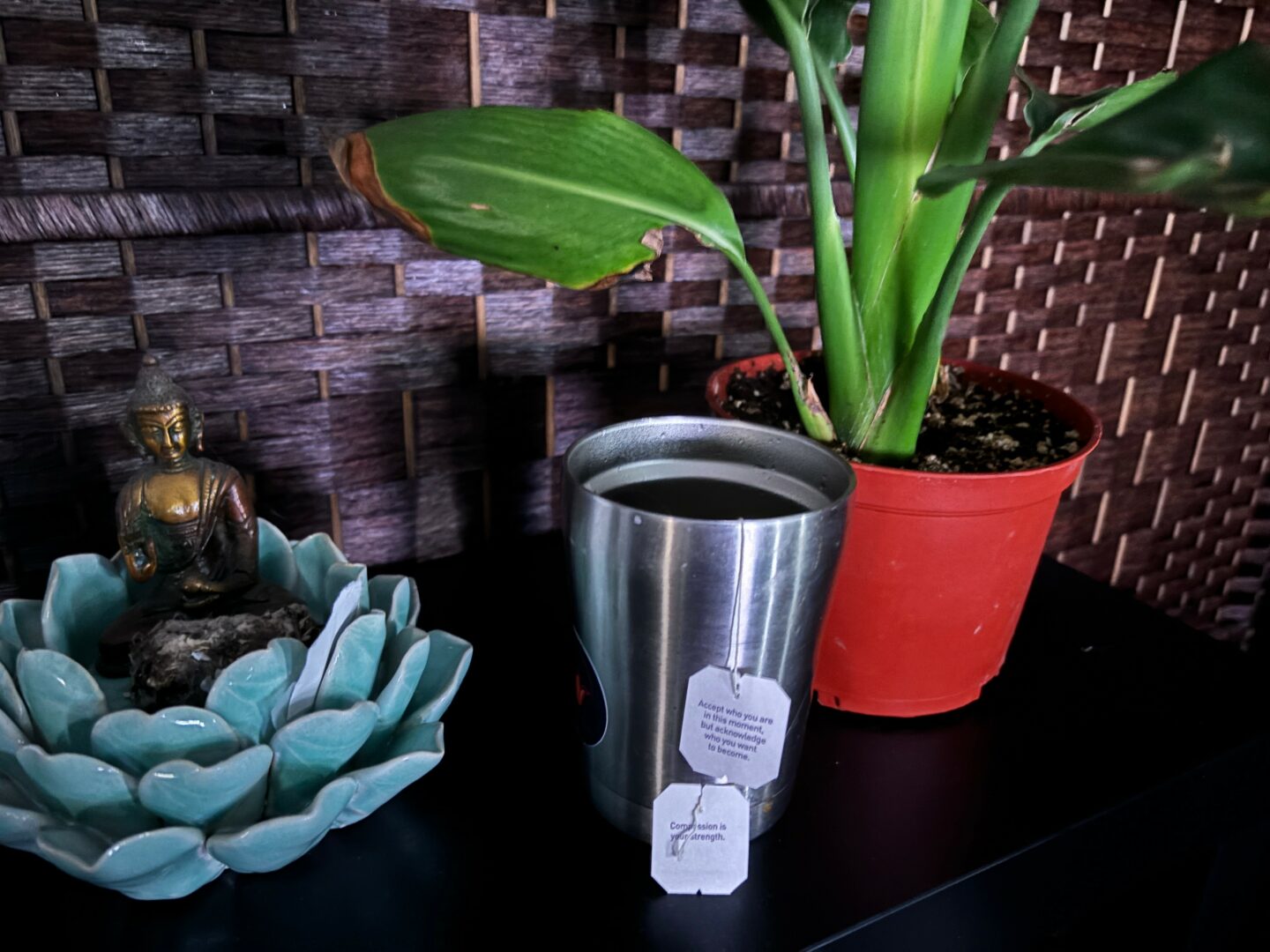
Alright so to wrap up, who deserves credit for helping you overcome challenges or build some of the essential skills you’ve needed?
I have to say that doing the year long Compassionate Inquiry training with Sat Dharam Kaur/Gabor Maté and my cohort was pivotal.
The skills I learned in that process changed me as a person and as a therapist. The focus is about creating space for the client to process, attunement, helping client’s find their truth, and discovering how the negative beliefs people hold about themselves developed.
My teacher Lisa Larsen for Brainspotting also helped me further develop attunement skills and to further understand that our bodies and brains have an incredible capacity for healing. We want to heal and our body and brain knows how to do it when it is in a safe space.
Lastly, Dr. Aimie Apigian with her Biology of Trauma program has provided me with tools to help my clients heal. We know what trauma does to the brain and body but she has given me real world applications to provide to my clients so they can heal physically and mentally.
Contact Info:
- Website: https://www.overcomeanxietytrauma.com
- Instagram: https://www.instagram.com/overcomeanxietytrauma/
- Facebook: https://www.facebook.com/TherapyWithShayDuBois
- Linkedin: https://www.linkedin.com/in/shay-dubois-07688970/
- Twitter: https://x.com/OATSHAY
- Youtube: https://www.youtube.com/@Mindfulish
- Yelp: https://www.yelp.com/biz/overcome-anxiety-and-trauma-with-shay-san-diego
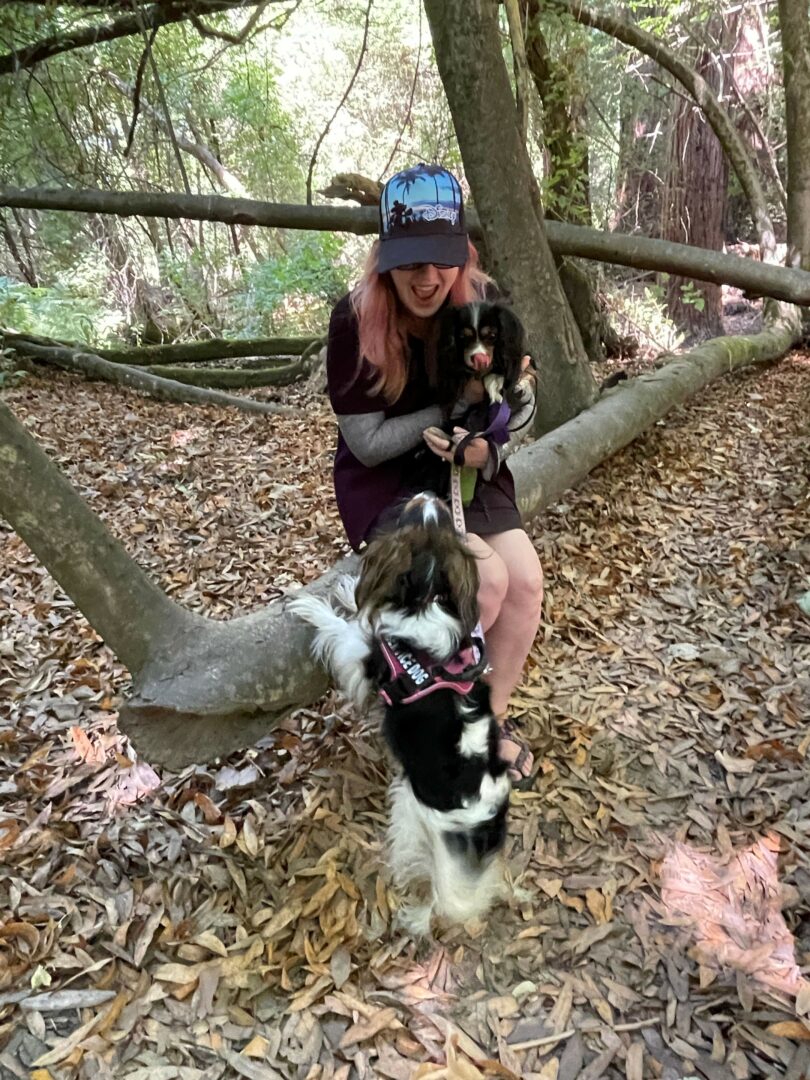
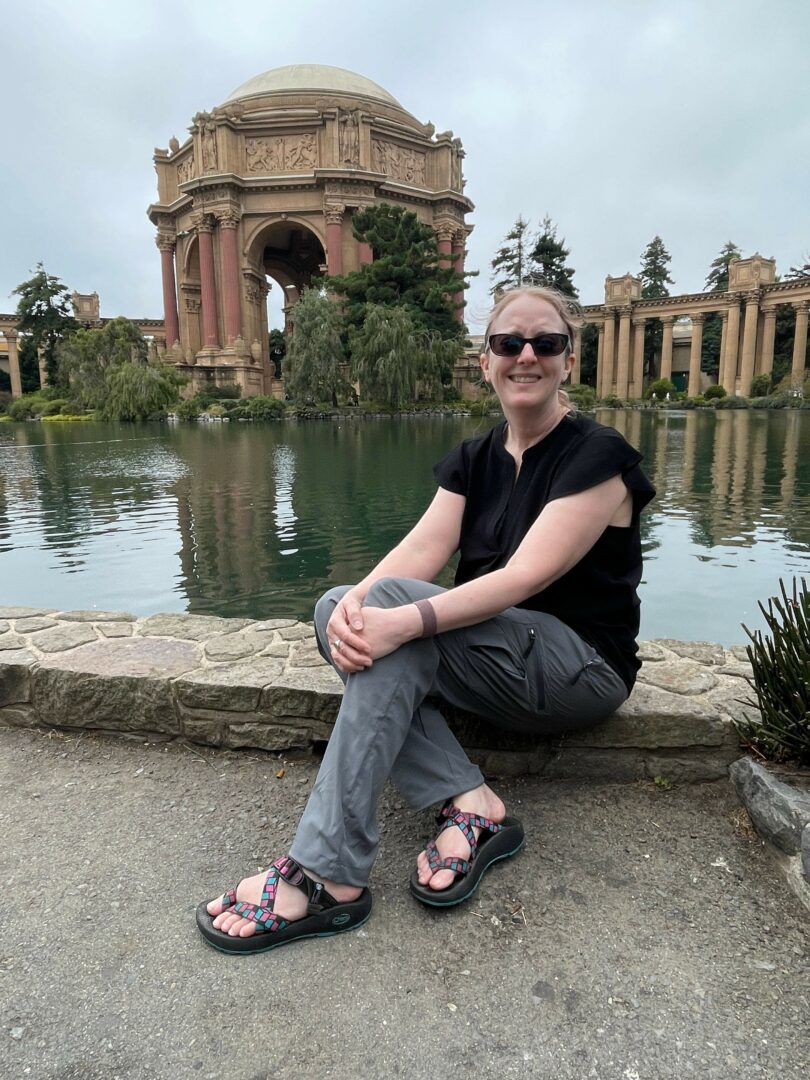
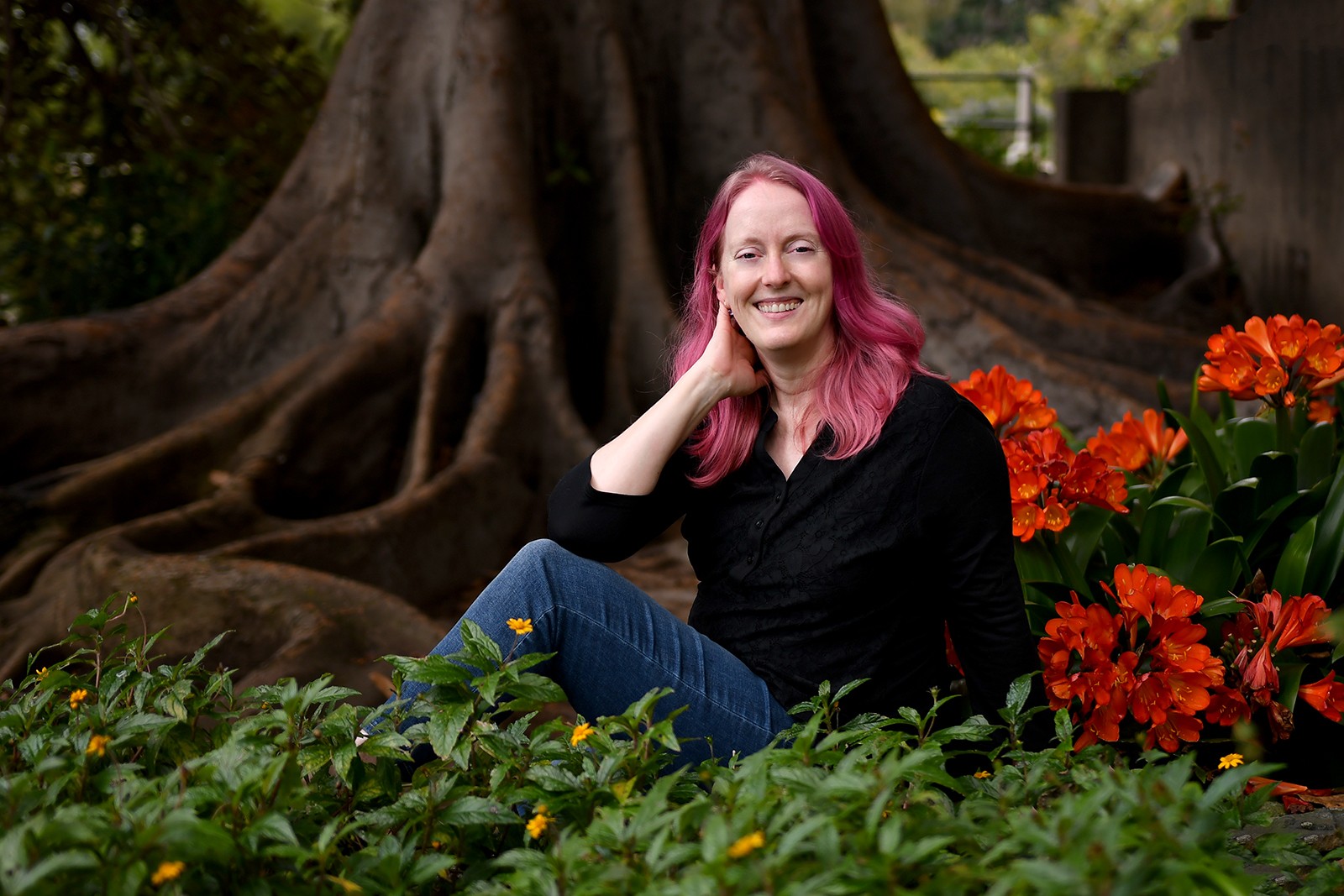
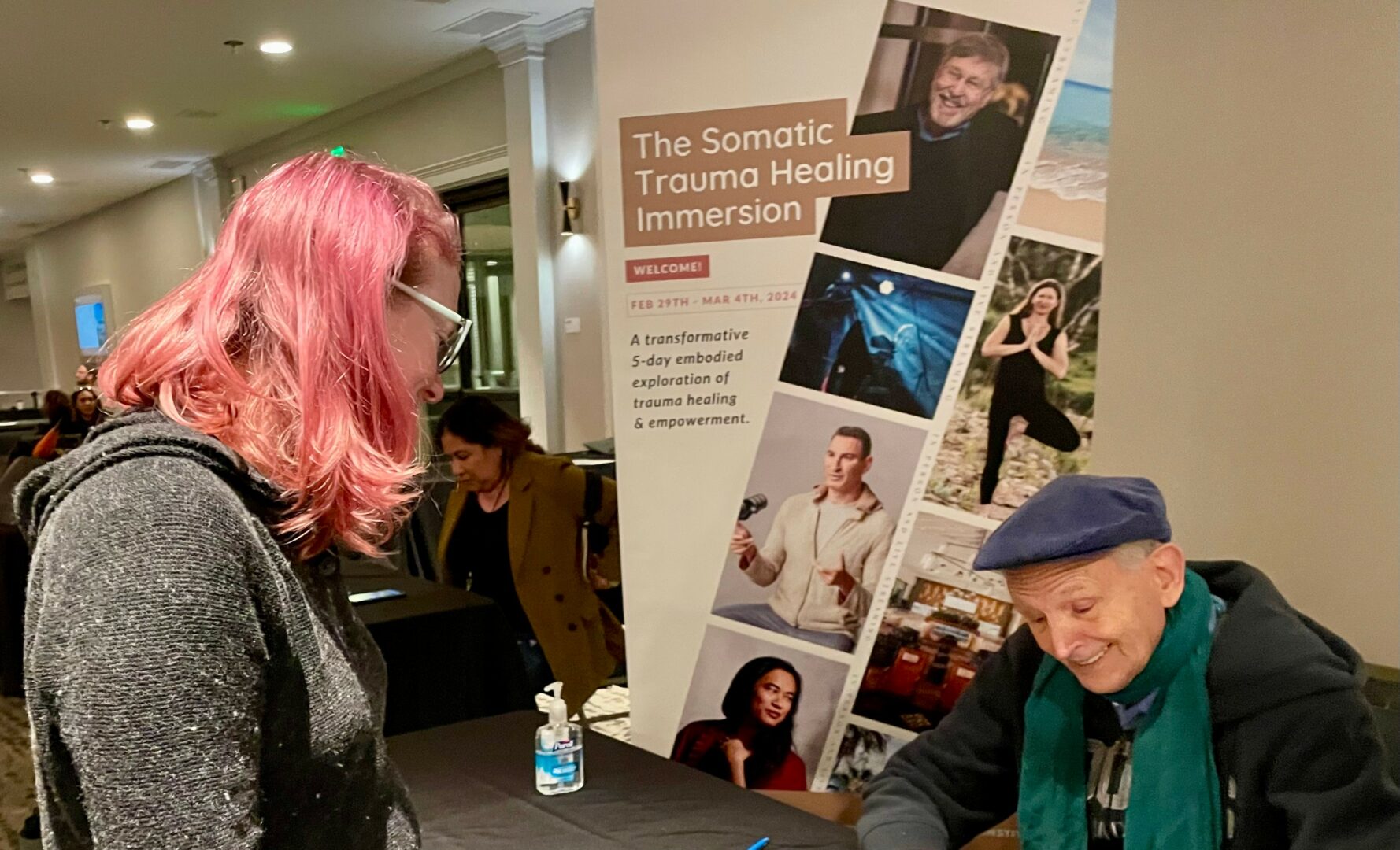
Image Credits
Roy Tabali
so if you or someone you know deserves recognition please let us know here.




